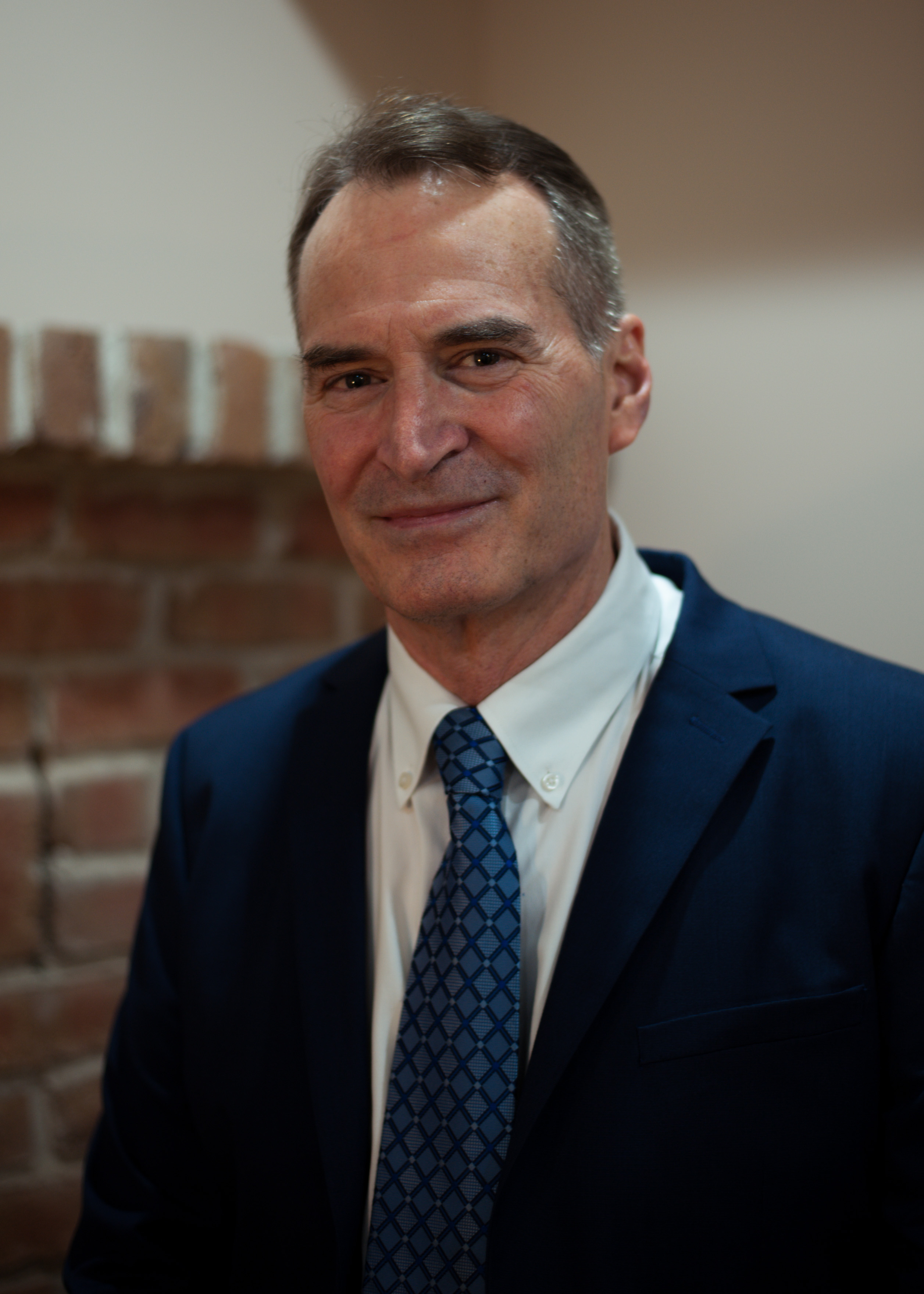Graduate Faculty Focus | Richard Roth

"Hood’s approach has been the opposite—bringing people with a computer science or mathematics background into the world of music. Hood is a perfect place for that sort of thing to happen because you have the right kind of mindset between the faculty, administration and students. I’m very confident in saying that, career-wise, this will help Hood’s students."
Richard Roth, Adjunct Faculty
Program
- Computer Science (M.S.)
Department
- Computer Science & Information Technology
Richard Roth is currently a professor in Hood College’s master’s in computer science program. Prior to Hood College, Richard earned his bachelor’s in music theory and composition with a psychology minor from Arizona State University. He also holds master’s degrees from the Peabody Conservatory of Music and Johns Hopkins University: one for music composition and another for computer music research.
What has teaching at Hood College been like for you?
The faculty have been really supportive for the program. What we’re doing is only taught in a handful of schools, like Princeton and Stanford. The focus there is to bring musicians into the world of computer music.
The College’s approach has been the opposite—bringing people with a computer science or mathematics background into the world of music. Hood is a perfect place for that sort of thing to happen because you have the right kind of mindset between the faculty, administration and students. I’m very confident in saying that, career-wise, this will help Hood’s students.
You are currently teaching a class about creating music through coding. Could you briefly explain the teaching methods and objectives of the course?
The objective on a high level is to tie the College’s strong computer science program with its reputation as a liberal arts college.
The computer music classes do not require a musical background. You can take the skills you already learned in computer science and apply them to music. It is executed through a programming language called ChucK, which allows you to make computer programs that have a musical output. ChucK is built around C++.
Taking this approach makes you a better programmer because it forces you to handle programming differently, and that knowledge can be applied to other programming efforts.
Your class recently gave their final project presentations as well. What all did that entail?
The class name is Algorithms in Music Composition. There were two parts to the final project. Throughout the course, my students have learned to take concepts from loops, branching and data structures and use them to build musical projects. The goal is to take these three elements and put them together.
The first part was to make use of loops, branching and data structures to create a three-minute musical project. The project required a beginning, middle and end. They had to study a person who had contributed to computer music and work their contribution into their own piece.
The second part was live coding. That was a performance where students coded on their computers in real time on stage and executed their programs as music. They would build onto each other’s performances and add more to them. It was like they were building a piece spontaneously.
Live coding is similar to Indian music, in that live performances build up from nothing with multiple musicians contributing.
Do you teach any other classes at Hood?
I teach Principles of Software Engineering, which is a regular computer science course. I also teach Music and Sound for Embedded Systems, which is a follow-up to the Computer Music class that is almost a robotics class. The Embedded Systems class takes the music off the computer and has it play on another system, like a Raspberry Pi microprocessor. In that class, we study how to make other objects create music.
Is there any other relevant or interesting information about yourself that you would like to share?
I once worked as a pianist for the Washington Ballet Company.
Inspired by this story and ready to #GOFURTHER in your career? Learn about Hood’s graduate programs, including the computer science program, by clicking here.
Are you ready to say Hello?
Choose a Pathway
Information will vary based on program level. Select a path to find the information you're looking for!
